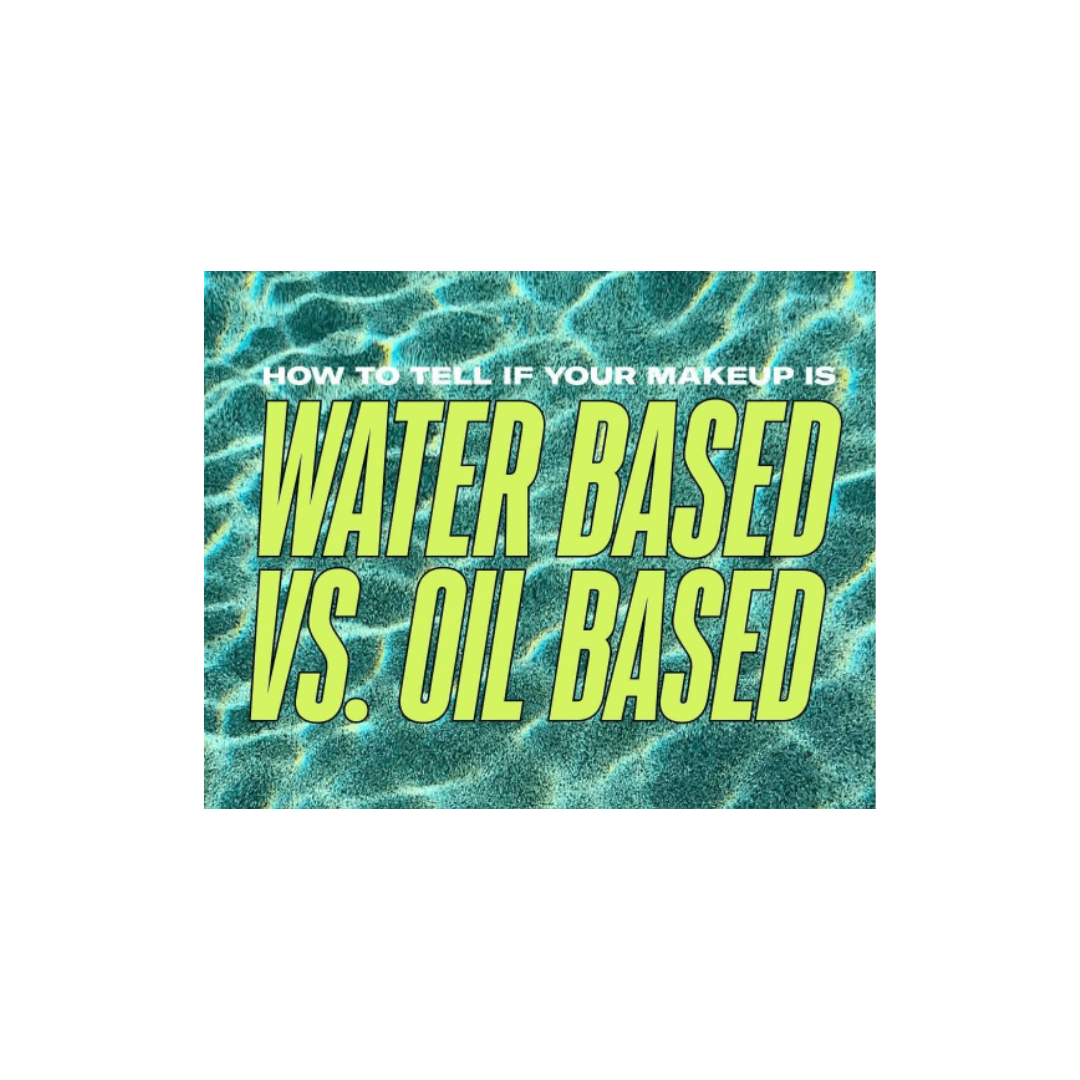Understanding the base of your makeup is key to a flawless look.
It can affect how the makeup feels and lasts on your skin.
Check the Ingredients List
The first clue is in the ingredients list on the product.
| Base Type | Ingredients to Look For |
|---|---|
| Water-Based | Aqua/Water/Eau |
| Oil-Based | Oils (e.g., Jojoba, Argan) |
If water is listed first, it’s likely water-based.
Oils listed near the top mean it’s probably oil-based.
Do a Texture Test
Feel the makeup between your fingers.
Water-based makeup feels light and might be runny.
Oil-based makeup feels thicker and slicker.
Watch for Separation
Let the makeup sit on a flat surface.
If it separates, with clear liquid on top, it’s water-based.
No separation often means it’s oil-based.

Credit: youthforia.co
Consider the Finish
Water-based makeup usually has a matte finish.
Oil-based makeup often leaves a dewy glow.
Understand Your Skin Type
Your skin type can guide you too.
- Water-based for oily skin.
- Oil-based for dry skin.

Credit: katelovesmakeup.com
Use the Blotting Paper Test
Apply a little makeup on blotting paper.
Wait a few minutes.
If it leaves an oily spot, it’s oil-based.
No oily spot? It’s likely water-based.
Look at How it Sets
Apply makeup and wait for it to set.
Water-based makeup dries quickly.
Oil-based makeup may stay tacky longer.
Frequently Asked Questions
What Defines Water-based Makeup?
Water-based makeup typically lists water as the first ingredient and feels lightweight, offering a natural finish without clogging pores.
Can Oil-based Makeup Cause Breakouts?
Yes, oil-based makeup can cause breakouts, particularly for those with oily or acne-prone skin, as it may clog pores.
How To Identify Oil-based Cosmetics?
Look for ingredients like oils, waxes, and silicones higher up on the product’s ingredient list to identify oil-based cosmetics.
What Are The Benefits Of Water-based Makeup?
Water-based makeup is hydrating, suitable for sensitive skin, and creates a sheer, natural look that’s perfect for daily wear.
 Skip to content
Skip to content